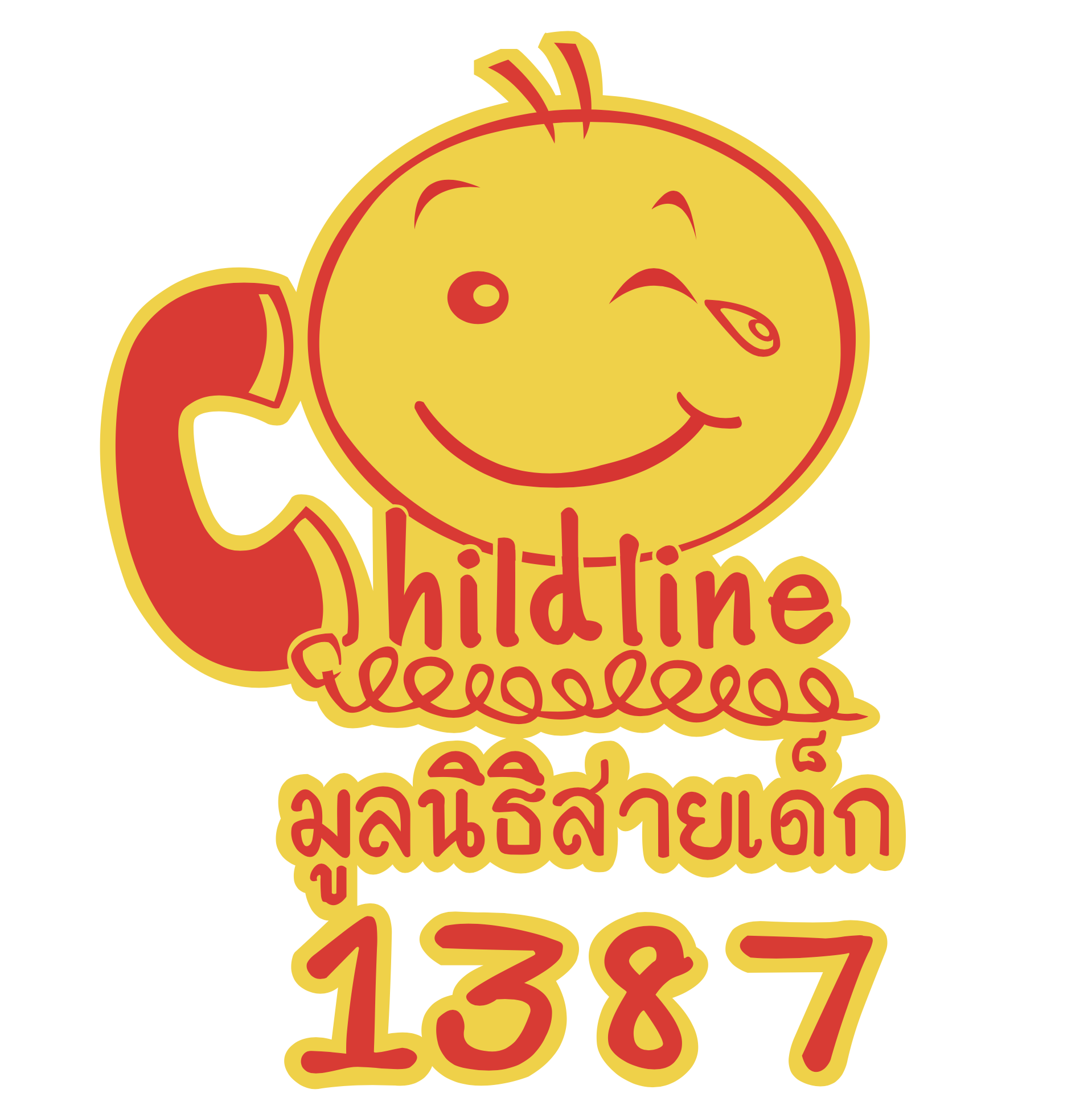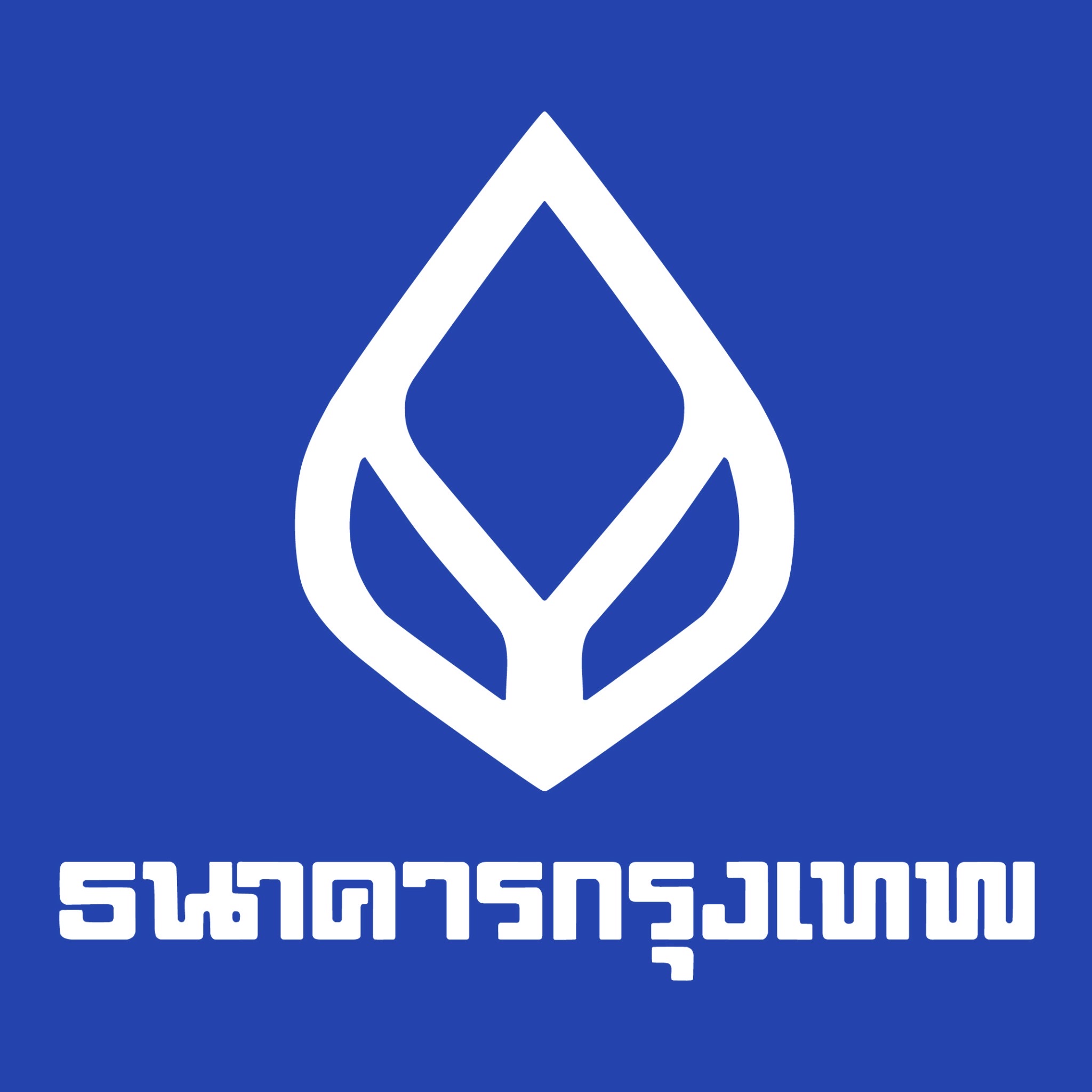Hidden scars: how violence harms the mental health of children
The COVID-19 pandemic resulted in various unprecedented crises including threats to people’s mental health. The significant impact of the pandemic on people’s mental health has led related studies to recommend that this issue should be treated as an international public health priority. The World Health Organization defines health as a “complete state of physical, mental, and social well-being and not merely the absence of disease or infirmity.” This all-encompassing definition tells us that mental health is an integral part of one’s health and that it is beyond mental disorders or disabilities.
Children’s mental health and psychosocial well-being are influenced by several determinants. Social, psychological, and biological factors determine the state of their mental health at a given point in time. This includes the risks to the mental health of children exposed to violence. The 2020 report of the UN Office of the Special Representative of the Secretary-General on Violence against Children (UN SRSG-VAC), Hidden scars: how violence harms the mental health of children, presents that the global prevalence of violence against children is estimated to be up to 1 Billion. The report shows the impact of different settings and various forms of violence on the mental health of children. It also stresses the intergenerational aspects of the relationship between violence and mental health, and how the impact of the former on children can be passed from one generation to the next, particularly for children who are exposed to child sexual abuse. Such exposure can cause both “immediate and long-term physiological and psychological damages to children.”
In 2020, Childline Thailand Foundation (CTF), a member organization of CRC Asia, reported that mental health issues are a leading concern for 41,493 children who sought their services through Helpline 1387. In response to the alarming situation of children’s mental health in Thailand, CRC Asia, together with its member organizations in Thailand, CTF and The Life Skills Development Foundation (TLSDF), seeks to raise public awareness of the linkages of violence on the mental health of children through the translation of the UN Special Representative of Secretary-General on Violence against Children’s Hidden Scars publication into the local language.
This effort also aims to support the development of the capacity of different stakeholders in Thailand such as civil society organizations, public and private health institutions and practitioners, government bodies in Thailand, academic organizations, and the general public, in addressing issues of children’s mental health and violence against children.














